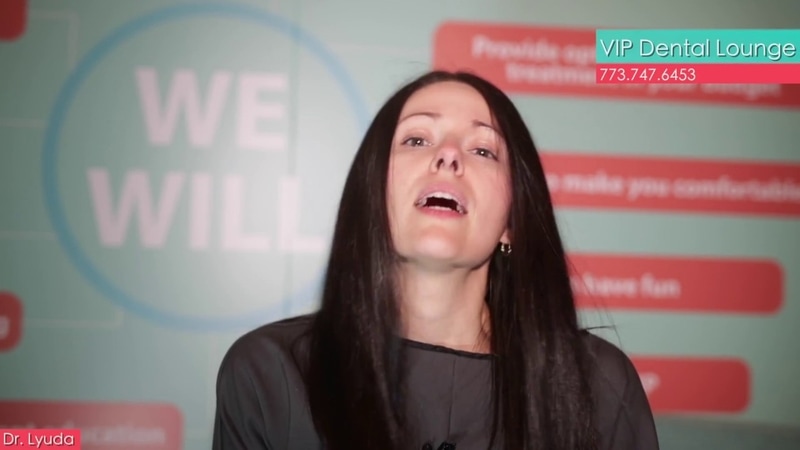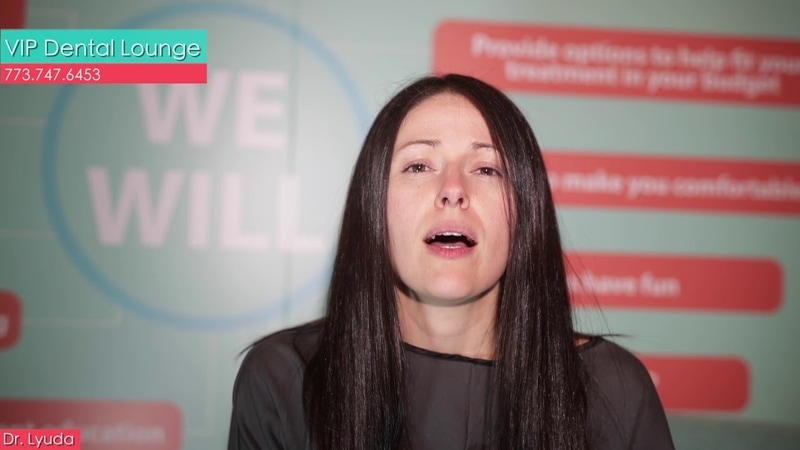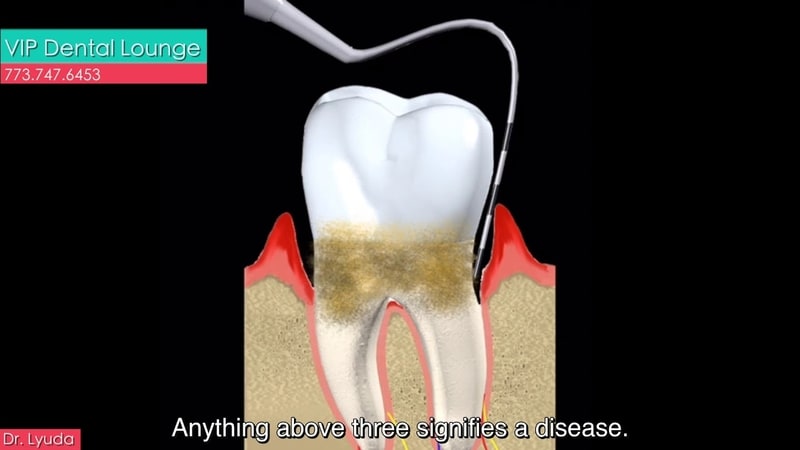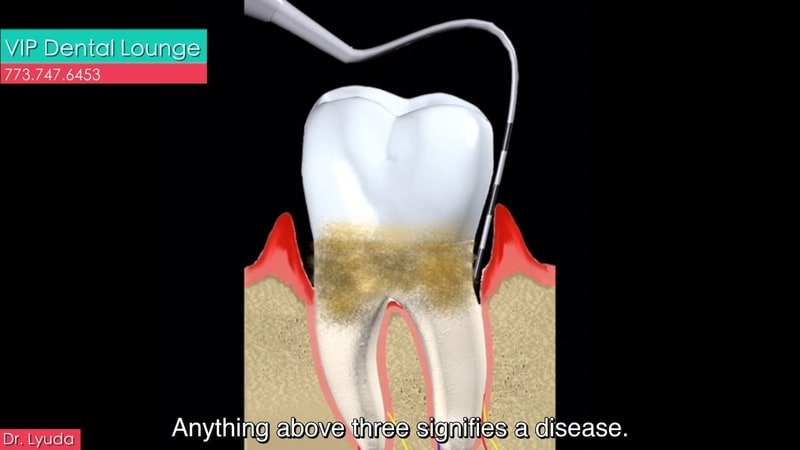(773) 747-6453
Periodontal Therapy
Periodontal disease or gum disease is extremely common and one of the most alarming issues that dentists Portage Park are concerned with. Due to a very strong oral-systemic relation, periodontal issues impact the overall health and are tied to other systemic issues such as diabetes, heart problems, and even fertility. Almost half of the US population over the age of 30 suffers from at least mild gum disease. Periodontal disease can be mild (gingivitis) or severe (periodontitis). It is important to treat periodontal disease as it is easily controllable and preventable.
Contact our dental office by calling at (773) 747-6453 to schedule your appointment.
Learn More about Periodontal Therapy
In the videos below, Dr. Lyuda explains in detail what causes periodontal disease, how we diagnose it, and how we treat it!

What is Periodontal Disease
Dr. Lyuda discusses that Periodontal disease is and what causes it. At VIP Dental Lounge, we take periodontal disease very seriously. A big reason is that it is easily controlled with proper care. However, if left untreated, it continues to progress into severe periodontitis that can result in the loss of teeth as well as affect the overall health of the body. For vast majority of the patients, periodontal disease can be treated non-surgically. However, beyond a point, we ultimately have to treat it using a surgical procedures such as gum grafting surgery
Read Transcript

How is Periodontal Disease Diagnosed
Periodontal disease is fairly easy to diagnose. There are essentially two things we’re looking for: 1. Any bone loss that we can see on the x-rays and 2. The depth of your gum pockets which we measure by gently placing a thin probe to see how deep it goes. However, it is important to note that periodontal disease isn’t curable and any bone loss suffered is non reversible. Once periodontal disease has been diagnosed, then it becomes important to arrest the disease and prevent it from progressing.
Read Transcript

Deep Cleaning Simulation
This simulation shows one of the gum disease is diagnosed (x-rays are also used to assist in diagnosis) and then the eventual treatment. One of the non-surgical methods to treat gum disease is called Scaling and Root Planning otherwise also known as ‘Deep Cleaning’ as the layman term. As the words ‘Deep Cleaning’ indicate, the cleaning is done underneath the gums and not just the visible surface of the tooth.
Read Transcript

Deep Cleaning Post Op Instructions
Once you’ve had a deep cleaning done, it is important to understand what to expect. In this video, Dr. Lyuda shares what you can expect to feel right over the procedure as well as over the next few days.
Read Transcript

